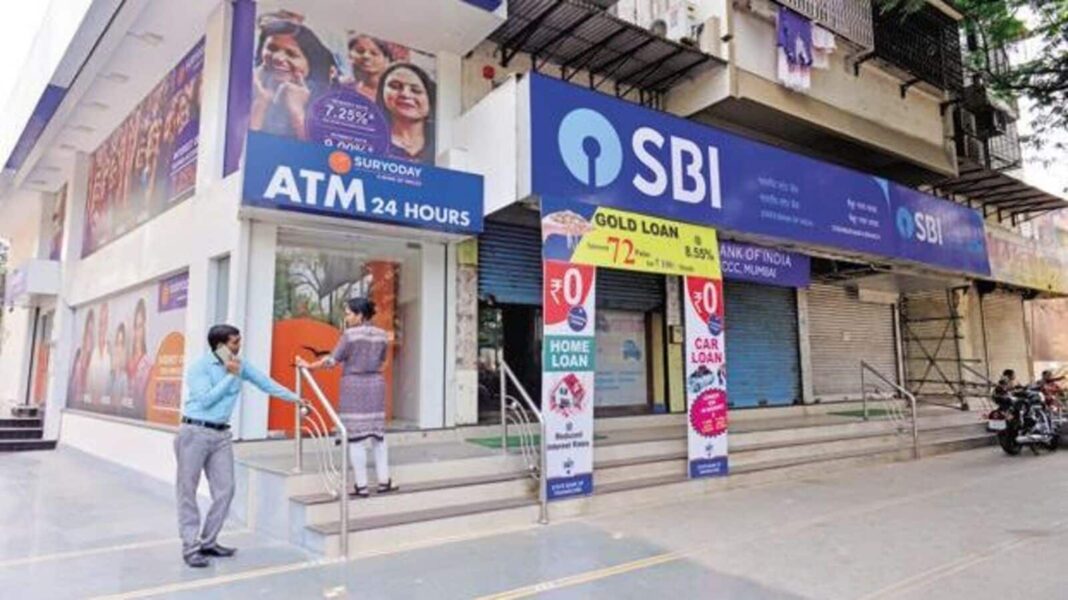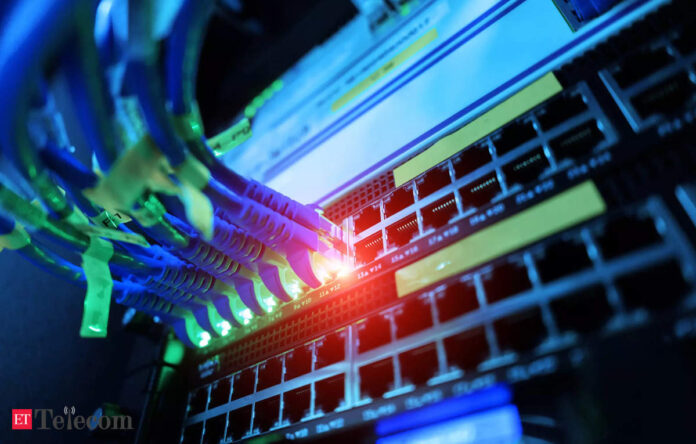In Short:
The Karnataka government has paused its recent directive, which urged all state departments to withdraw funds from State Bank of India (SBI) and Punjab National Bank (PNB), for 15 days. This decision follows requests from the banks to resolve issues related to alleged fraud affecting government deposits. The government aims to ensure transparency while monitoring the situation closely.
Karnataka Government Hits Pause on Controversial Banking Circular
On August 16, the Karnataka government decided to put a temporary stop on its recent circular that aimed to prohibit all business dealings with both the State Bank of India (SBI) and Punjab National Bank (PNB). This decision was taken after a careful review of requests from the two banks, as per the direction of Chief Minister Siddaramaiah.
The initial action, announced on August 12, instructed all government departments, boards, corporations, public sector units, and universities to withdraw their deposits and investments from SBI and PNB, effectively halting any transactions with these banks.
The state government clarified, “After considering the banks’ requests, the Chief Minister has instructed the officials of the Finance Department to keep the circular in abeyance for 15 days. This will provide the banks with adequate time to tackle the issues and address the government’s concerns.”
Moreover, the government reassured, “We remain committed to ensuring transparency and accountability in all operations. We will keep a close eye on the situation and take necessary actions to safeguard the interests of all stakeholders.”
Understanding the Bank Withdrawals in Karnataka
The reasons behind this sweeping action stemmed from observations made by the Public Accounts Committee on both July 2 and August 6, along with findings in the Comptroller and Auditor General’s report. These factors compelled the government to issue the August 12 circular, implementing a withdrawal of deposits and a ban on future deposits for all branches of SBI and PNB.
The government’s rationale was linked to alleged fraud occurring within certain bank branches, which had resulted in unpaid fixed deposits belonging to the Karnataka State Pollution Control Board (KSPCB) and the Karnataka Industrial Area Development Board (KIADB).
These unresolved issues have persisted despite long-standing correspondence and discussions dating back to 2012-13. Following the government’s circular, both SBI and PNB formally requested an additional 15 days to settle the matter.
In fact, on the same day as the circular’s suspension, senior bank officials met with top officials from the Finance Department, reiterating their plea for more time. The prior directive had placed ₹12 crore held by KIADB and ₹10 crore from KSPCB in limbo due to these ongoing scams.
Bank Performance in Q1
The banking giants have also recently released their quarterly results: SBI reported a virtually unchanged standalone net profit of ₹17,035 crore for the first quarter of the current fiscal year, marking just a 1% increase from ₹16,884.2 crore from the same period the previous year. The total income soared to ₹1,22,688 crore from ₹1,08,039 crore last year, with shares rising to ₹812.45 on the BSE.
PNB, on the other hand, exhibited remarkable growth, reporting a 159% surge in standalone net profit to ₹3,251.5 crore, the bank’s highest quarterly profit ever for the June quarter, compared to ₹1,255.4 crore in the same quarter last year. This impressive rise is attributed to improved performance across several financial metrics, largely driven by a decline in non-performing loans. However, PNB’s shares saw a slight dip, settling at ₹113.05.





